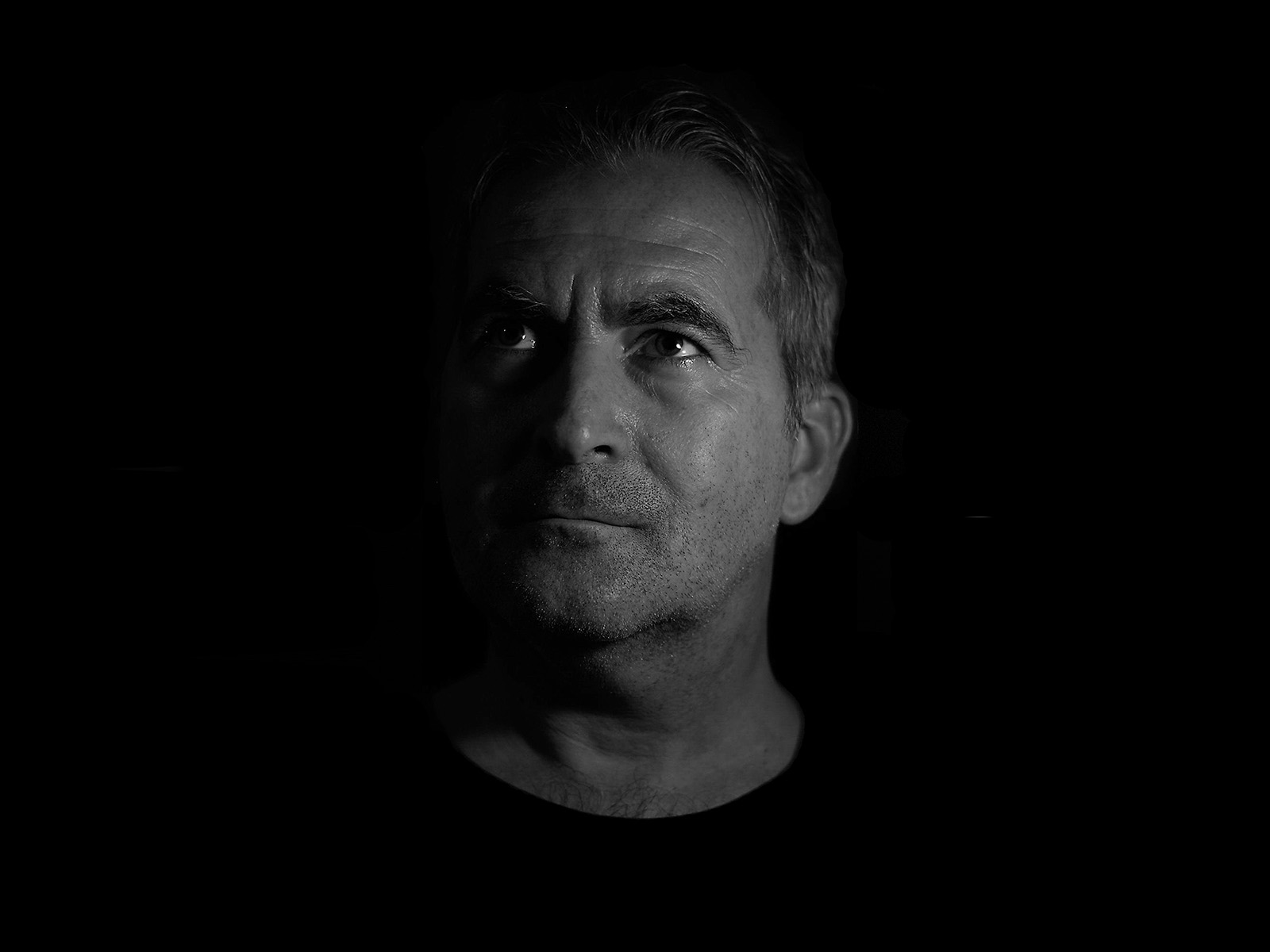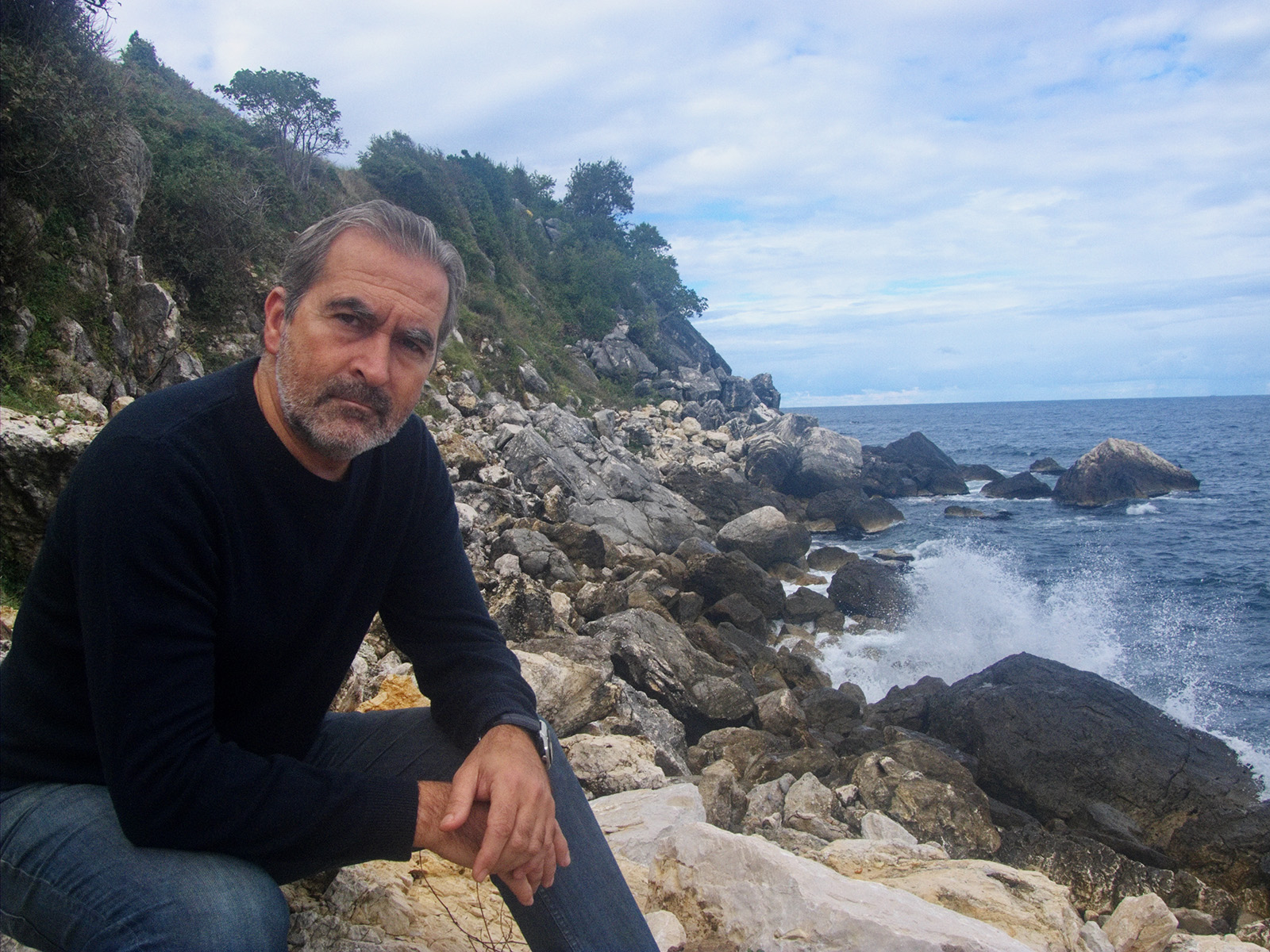Don’t fight nature!
Murat Erensoy, RYA/MCA YachtMaster Ocean
Life for city dwellers, particularly those unfamiliar with the sea, revolves around the constant need to fight and overcome obstacles. Every moment presents new challenges and individuals that demand a battle, and the more triumphs one achieves, the more they perceive themselves to be successful and content.
This is how life in the city is structured for those who dwell on land.
Many of us are born into this constructed world, constantly struggling and often passing away before we even have a chance to reflect on our situation.
In the realm of the oceans, humans cannot construct, establish rules, fight, and win. It is "Mother Nature" who dictates the plot, sets the stage, and directs the show.
In the realm of the oceans, humans cannot construct, establish rules, fight, and win. It is "Mother Nature" who dictates the plot, sets the stage, and directs the show.
If someone from the land ventures out to sea without adapting to life on the water, they may mistakenly believe that success and happiness can be achieved through the same struggles they face on land.
On the high seas,
he struggles with his boat,
fights the current, the wind, the storm,
battles the waves, the sun, the rain,
fights with other sailors,
struggles with aspects of himself that he sees as weaknesses,
and even goes so far as to engage in a total "struggle against nature".
he struggles with his boat,
fights the current, the wind, the storm,
battles the waves, the sun, the rain,
fights with other sailors,
struggles with aspects of himself that he sees as weaknesses,
and even goes so far as to engage in a total "struggle against nature".
Many sailing clubs and schools advertise that sailing a sailboat can "enhance one's competitive skills". However, the language used in these ads often reveals that the authors are not experienced sailors, but rather 'landlubbers' unfamiliar with the true essence of sailing.

However, the key to happiness and success for a seafaring person is not "struggle", but rather "adaptation".
In the land of the sea;
you'll adapt to your boat,
you move with the wind, with the storm,
you adapt to the waves, the sun, the rain,
you treat other seafarers with compassion and kindness,
on your own inner journey, you make peace with yourself and "harmonize with nature".
you'll adapt to your boat,
you move with the wind, with the storm,
you adapt to the waves, the sun, the rain,
you treat other seafarers with compassion and kindness,
on your own inner journey, you make peace with yourself and "harmonize with nature".
In the land of the sea, this is the secret to success and happiness.
We said "adapt and harmonize", but how do we do that?
In order to adapt to the land of the seas, we need to emphasize two basic concepts and build our maritime skills on these two concepts:
· Foresight
· Pre-preparation
· Pre-preparation
To comprehensively grasp the cause-and-effect relationship, I would prefer to establish the logical sequence in reverse, starting from the end and moving towards the beginning.
To endure the difficulties we may face, we must have the appropriate gear and expertise at the ready ahead of time. This is what we refer to as "pre-preparation".
To be adequately prepared, it is essential to anticipate and foresee potential situations that may arise. Without this foresight, it is impossible to be fully ready for unforeseen circumstances.
The ability to make accurate predictions requires a deep understanding and knowledge of the subject matter. However, many people mistake "having an opinion" with "having knowledge", which can lead to inaccurate predictions and poor decision-making.
It is common for people to form opinions based on limited information, such as a few sentences they hear, a picture they see, or a brief experience they have. However, this can lead to the misconception that "they have truly learned about" or "fully understand a subject".
Acquiring knowledge requires exposure to accurate and comprehensive information over a sufficient period of time. Only then can we truly learn and analyze the situation we are facing, make predictions, and prepare ourselves for any predicaments that may arise. This preparedness allows us to lead a more peaceful and anxiety-free life at sea, confident in our ability to handle any challenges that come our way.
Small problems are inevitable, but by maintaining the chain of "knowledge-insight-preparation", they can be easily overcome.
This is why societies that prioritize progress through reason and science consider education systems to be the crucial first step in the chain.


